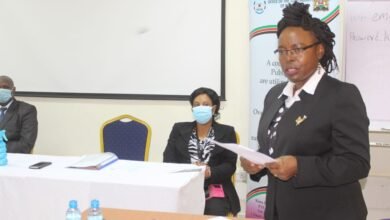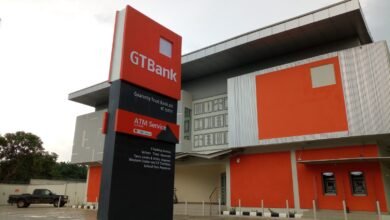
President Uhuru Kenyatta’s government will be changing tact on implementation of the Jubilee Administration’s Big 4 Agenda to achieve its success by the end of his tenure in 2022.
During a cabinet meeting chaired by the President and his Deputy, William Ruto, strategic interventions such as the adoption of smart agriculture and water supply were proposed to ensure food security. Further, the government is looking to promote manufacturing paying special attention to motor vehicle assembling in the country.
The Cabinet considered various far-reaching policies concerning Food and Nutritional Security, Manufacturing, Affordable Housing, and Universal Health Coverage to achieve the agenda.
Towards the realization of greater food and nutritional security, Cabinet considered the Agriculture Policy. The policy positions crop diversification and irrigation as the two main planks for both enhanced food production as well as improved earnings for farmers. The agriculture Policy also addresses the emerging threats of Climate Change, novel diseases, pesticide-resistant pests, and other challenges to food and nutrition security.
As the Administration steers the nation to the adoption of smart agriculture’, with the average age of the Kenyan farmer being 60 years, Cabinet considered and approved the policy on revival of 4K agricultural Clubs in all Schools across the country.
The move will seek to foster the interest of children in agriculture, so as usher a new generation of techno-savvy agricultural players. The new players will hopefully revolutionize every aspect of agriculture in Kenya.
To further enhance food production in Kenya, Cabinet also considered the National Water Policy to provide a more robust framework to guide the national efforts towards the achievement of sustainable management, development, and use of water resources. The government aims to achieve this by creating better integrations between water resources management, water harvesting and storage, and water supply and sanitation services.
Equally, as part of the Administration’s Agenda on Universal Health Coverage (UCH), Cabinet considered the National Emergency Medical Care (EMC) Policy to enhance universal access and delivery of the highest quality of emergency medical care as part of (UHC) to minimize the morbidity and mortality rates arising from medical and public health emergencies.
Manufacturing is another pillar of the big four agenda that is expected to grow and contribute 15 percent to the Gross Domestic Product (GDP)before President Kenyatta leaves office. The Cabinet formulated the National Automobiles Policy which will provide an enabling environment for the domestic motor vehicle industry, with opportunities to achieve greater competitiveness in the local manufacturing of automotive products.
The Policy repositions the legal, institutional, and regulatory frameworks for the development of the automotive industry will be through support of local motorcar and motorcycle assembly and facilitate market access for sector products and services.
Cabinet also considered the Local Content Policy which seeks to transform Kenya’s economy by promoting the development of advanced industries through the maximization of in-country value addition. This, leverages on Kenya’s longstanding competitive advantages and combines them with the established know-how of business operating in Kenya.
It is aimed at creating a platform where Kenya’s output is both domestically attractive as well as international brand recognized and competitive.
On the energy sect, with the upstream and midstream petroleum sectors in Kenya emerging as sectors of the economy with promising potential, the Cabinet considered and approved the development of the Integrated Crude Oil Infrastructure in Kenya.
The cabinet also looked into the National Policy on Culture and Heritage. The Policy seeks to promote greater respect, appreciation, and understanding of the various heritages and cultures that make Kenya a vibrant melting pot made stronger by her diversity. The Policy positions culture and heritage not as a static or academic aspect of life that is far removed from the day-to-day concerns of Kenyans, rather it centers culture and heritage as an important and dynamic part of 21st century life that creates a platform for combining Kenya’s traditions with the demands and opportunities of the modern age.
To foster the development of the creative industry, Cabinet considered the National Music Policy that will empower economic growth, youth empowerment, culture and national identity building, education and entertainment.
It was the first cabinet meeting of the year 2021 chaired by both the President and his deputy.
In the recent past, the President has been paying special attention to government projects with recently sending out Cabinet Secretaries to inspect the progress of key government projects across the country. The Big 4 Agenda formed the foundation of the Jubilee administration’s reelection in 2017.





